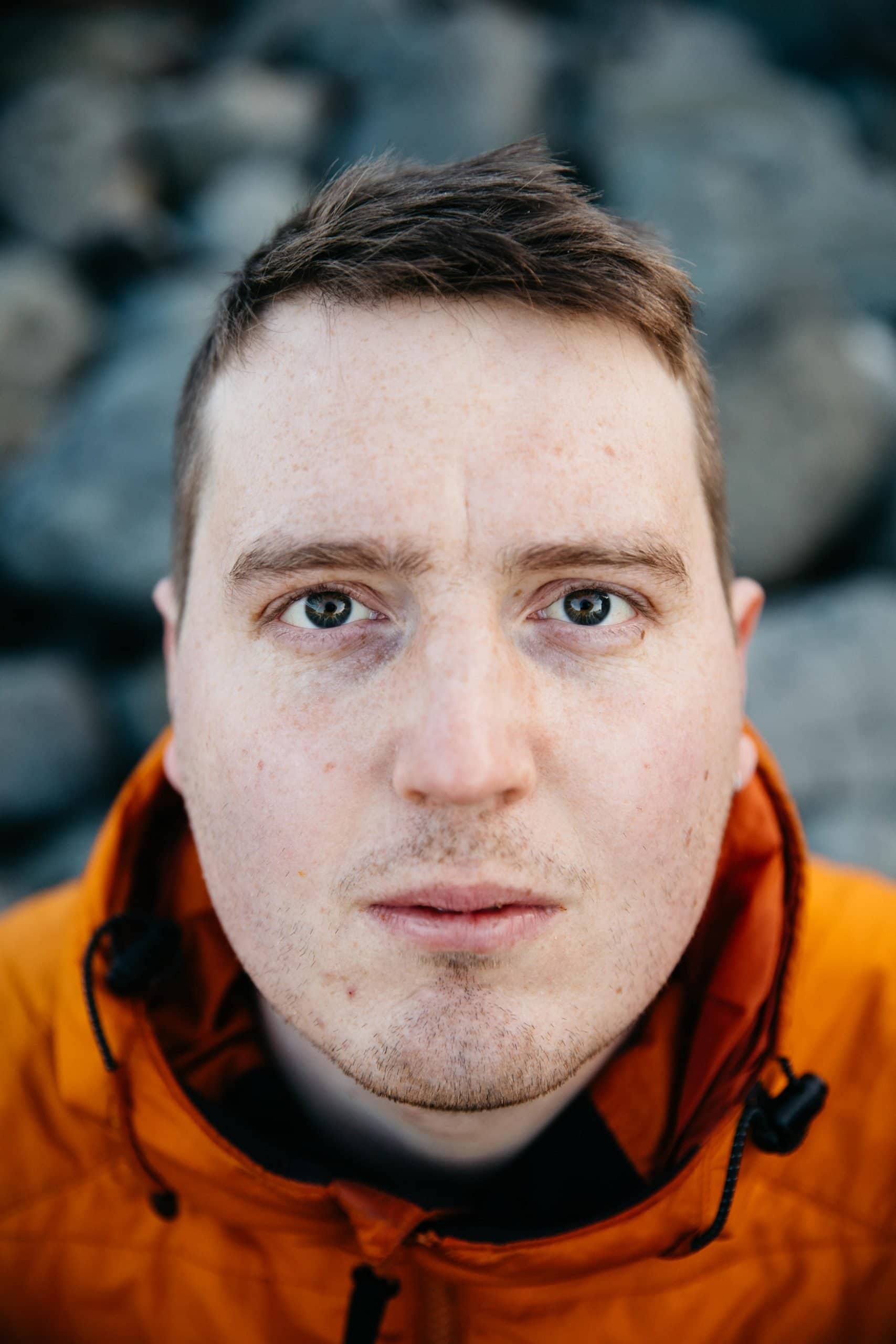“All I’ve ever wanted in life is to be a farmer,” says Mike Duxbury, who lost his sight at the age of six through infantile glaucoma. Having grown up on the family farm, he was determined not to let the loss of his sight stop him chasing the only career he ever wanted.
In the late 1980s, Duxbury applied to every agricultural college in the country before being accepted by just one: Warwickshire College of Agriculture. He qualified as an animal nutritionist and graduated in 1990 with a degree in agricultural business management.
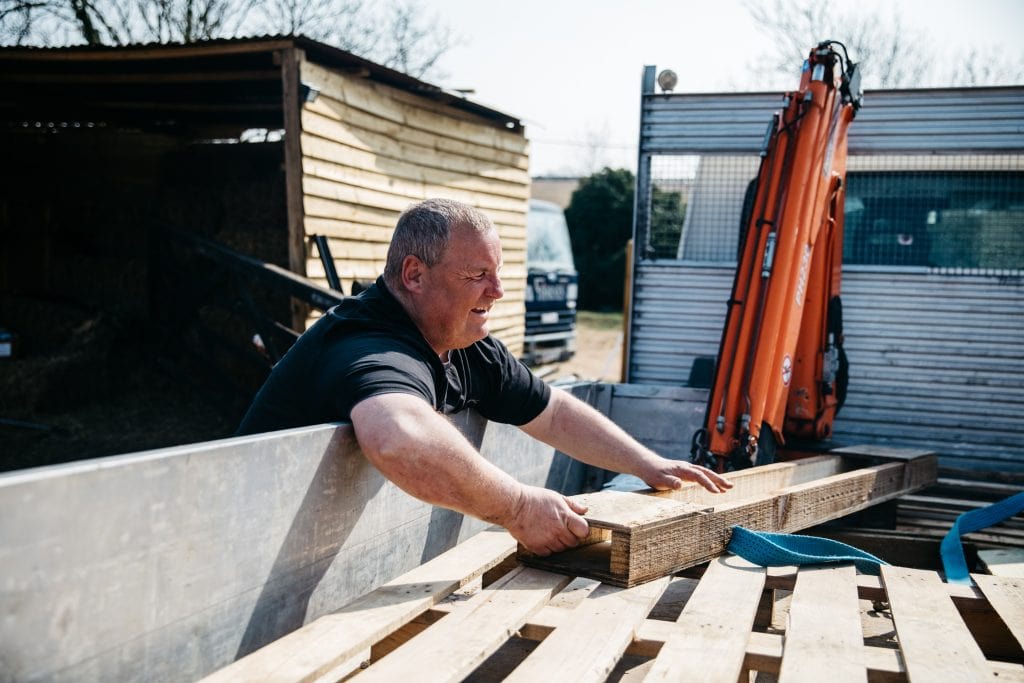
“Even back then, prejudice was very high, but I learned at college to do the things I wanted to do. They gave me every opportunity; they never put up a barrier.”
Today, Duxbury and his partner Ness Shillito have established one of the UK’s first working farms dedicated to training people with disabilities for a career in agriculture.
With 10 pigs, 10 sheep, four goats and 50 egg-laying birds, Inclusive Farm near Flitwick in Bedfordshire aims to give students the full range of skills expected on any British farm. It is now guiding disabled students from Milton Keynes College towards animal care qualifications.
“We are a working farm, and what students see and what students do is part of that working farm,” Duxbury says. “They learn that animals need to be kept clean, fed and watered. I don’t do anything with the students that a working farm wouldn’t do on a daily basis.”
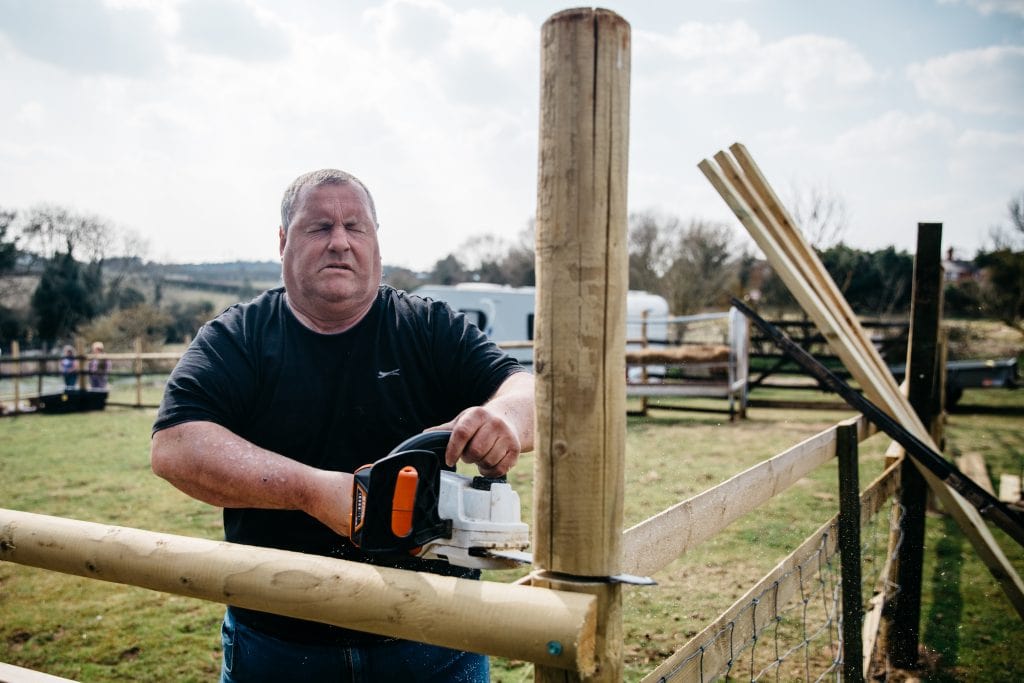
For almost a decade after qualifying, Duxbury worked as a livestock specialist and a stud person for national farming companies. He then switched careers to work in telecoms. The money was good but the work was only a “means to an end,” so he kept on farming when he could.
In September 2021, disillusioned by a lack of diversity in farming, he set out to prove a point to the world: disabled people should be able to participate in whatever industry they choose. With the help of local friends, he and Shillito began transforming a rented acre of overgrown green field into a working farm with disability access.
The farm has been adapted for people with a wide range of physical needs, and Duxbury believes this would be possible across the industry. Each animal enclosure has a different frontage, with unique shapes cut into fencing so that by a combination of touch, sound and texture, Duxbury can move around the farm without assistance.
“From a tactile point of view, I’ve used different types of front. One will have a picket type front; one will have a post and rail; one a rail and a wire. They all help me at a glance. When I say ‘at a glance’, I mean I reach out my hands to touch. I know exactly where I am at any given point.”
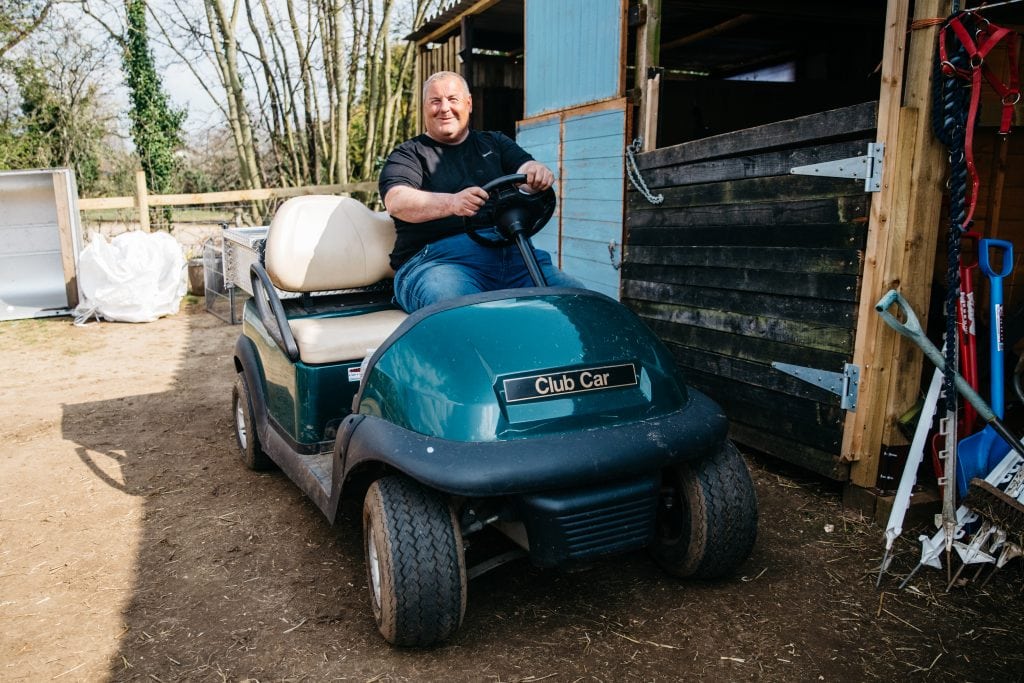
Matting is strategically placed around the farm so that the feel of the ground can be used as a navigational prompt: “It means that, when I’m carrying buckets of feed and I’m with the goats, I’m not going to give them chicken feed.”
It is not known how many disabled people work in farming, but the Royal Agricultural Benevolent Institution — a national charity providing local support for farming communities across England and Wales — estimates that 21 percent of all farmers experience problems undertaking their usual activities.
Mark Thomas, of the Farming Community Network, says that many of the calls the charity receives are from farmers experiencing physical and mental health issues that can prevent them from carrying out their work. “We tend not to get calls from disabled people looking to get involved in farming, but we often do from people where a farm accident or physical illness has become an issue while working on the farm.”
At Inclusive Farm, electricity and running water have yet to be installed, but Duxbury and Shillito are already ushering their first intake of 14 students towards completion of their courses.
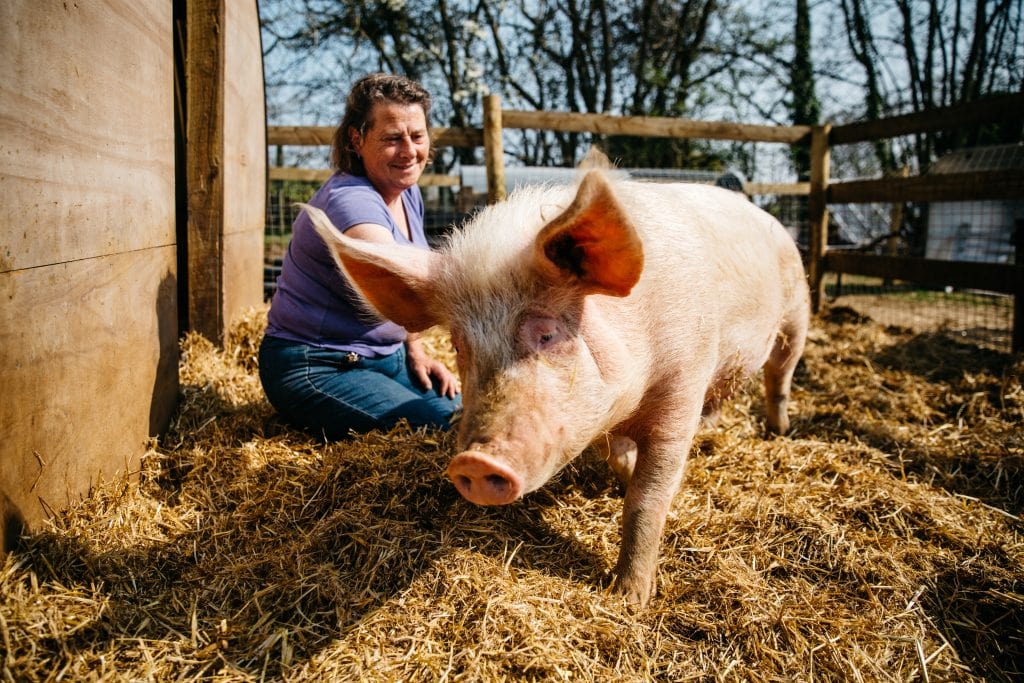
Duxbury says: “The beauty of it is that people from different backgrounds, communities and with different aspirations can bring something new to farming and make it more modern, wider-thinking and more 21st-century.” Beyond farming, his message to other industries is: “When you are recruiting or have people who become disabled or have issues, instead of just throwing them on the scrapheap or ignoring them, talk to people like ourselves.”
Dorset farmer Jyoti Fernandes, a policy coordinator for the Landworkers’ Alliance, was raised by a blind mother and says that Duxbury’s example has the potential to become a powerful force.
“It’s about peer support … somebody who is blind themselves showing that you can just get out there and do it, and you can have job opportunities doing whatever you feel you are capable of. People should be allowed equal access to jobs — any job that they can perform while being disabled.”
Duxbury hopes to eventually expand across more land so that the farm can grow, teach students a wider range of agricultural skills and bring more products to market.
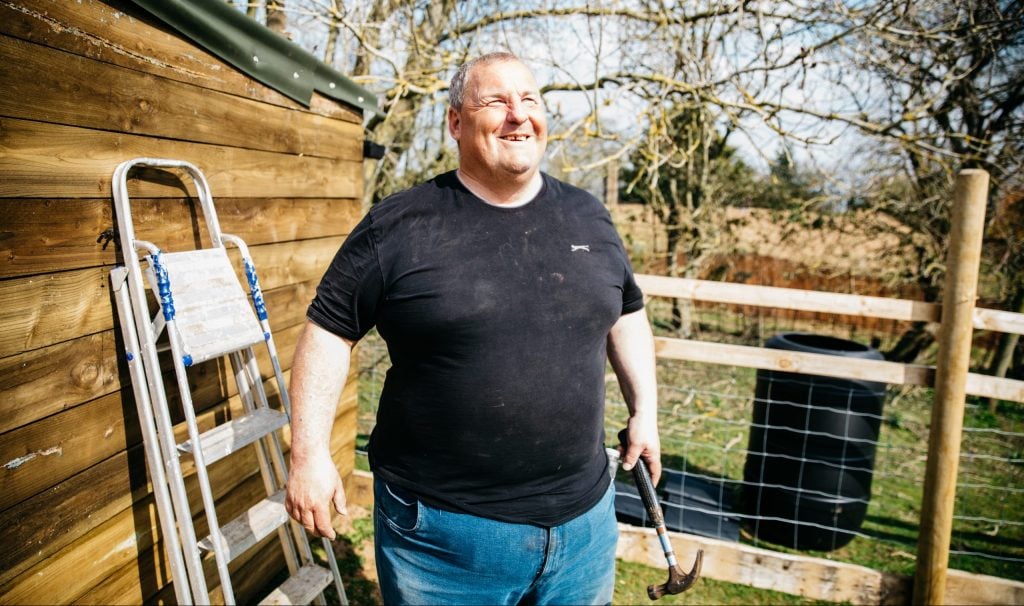
“We’re trying to give people hope and a chance to stop thinking about limitations and start looking at what they really can do,” says Duxbury. “We can cater for pretty well every disability.”
“When I was at school, a lot of adults wanted to make decisions for us because we were that ‘poor disabled person’ who couldn’t make a decision for themselves. But we can.”
“The world is not like it used to be in terms of technology and attitude. There is plenty of room for people like myself to go and develop a career in whatever we choose to do.”
A version of this story appeared in The Guardian



